South Korean tech giant Samsung Electronics hopes to weather the difficult times with a new strategy for its memory chip business and a high-level restructuring at its semiconductor division.
Samsung Electronics' Device Solutions division, which oversees the group's semiconductor business, has been holding mid- and long-term strategy meetings since late last week, sources said. The meetings are seen as a precursor to a potential workforce rebalancing for the division.
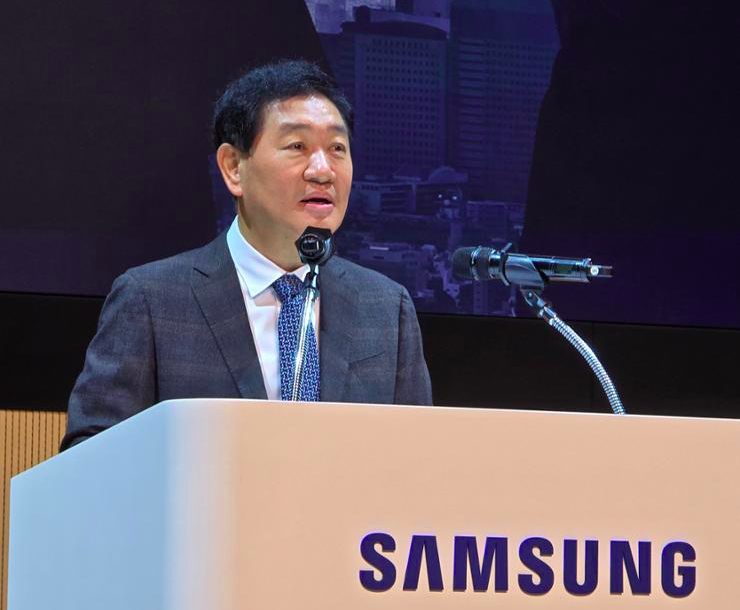
Samsung Electronics Vice Chairman and CEO Han Jong-hee.
Samsung Electronics could announce a restructuring as early as this week, focusing personnel on the memory business instead of the unprofitable chip design and foundry divisions, sources said.
To do this, Samsung Electronics may replace several senior executives, including memory business chief Lee Jung-bae, foundry chief Choi Si-young and chip design chief Park Yong-in.
The move follows Samsung Electronics' disappointing third-quarter results, when the semiconductor division reported an operating profit of 3.86 trillion won ($2.8 billion), well below market expectations. The disappointing results raised concerns that Samsung Electronics has lost its competitiveness in supplying high-bandwidth memory (HBM) chips to artificial intelligence processor makers.
"There can be no innovation or growth without change," said Samsung Electronics Vice Chairman and CEO Han Jong-hee during the group's 55th anniversary celebration over the weekend, adding that "ensuring technology and quality for customers is fundamental competitiveness and the only way to change the paradigm."
The change that Mr. Han mentioned is expected to be a strategic shift by Samsung Electronics towards greater flexibility to become an integrated device manufacturer (IDM) - a company responsible for all semiconductor manufacturing processes, from planning to final products.
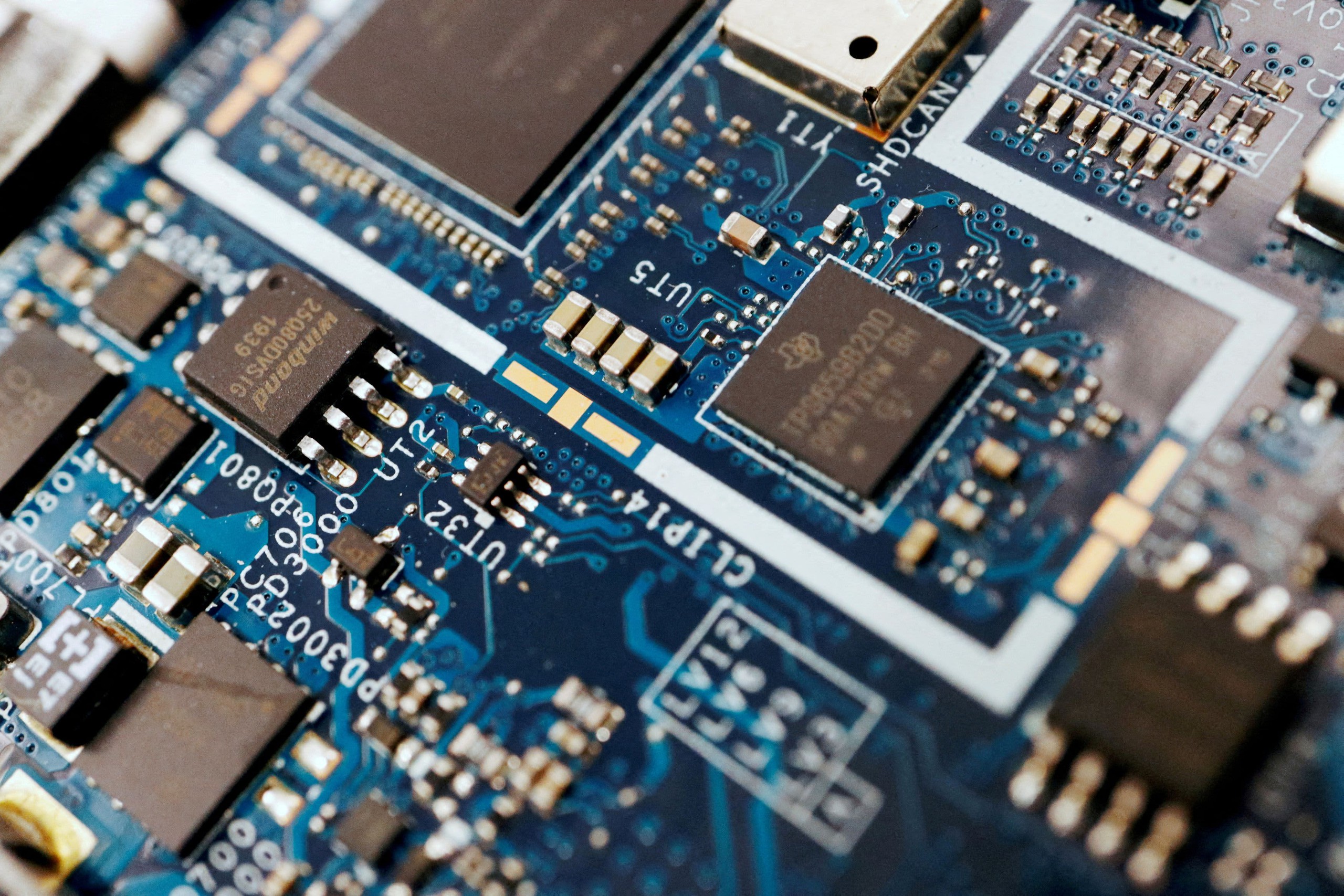
Samsung Electronics will reduce investment in chip foundry, focusing on memory business.
“Responding to customer requirements is very important in the HBM market,” said Kim Jae-joon, executive vice president of the chip division, in an earnings announcement last week. “Therefore, we plan to be more flexible in selecting foundry partners inside and outside the company for base mold production.”
The base die is a thin piece of silicon that serves as the foundation for mounting the chip's components.
This means Samsung has moved away from its previous IDM strategy, seeking to attract customers to HBM products even at the cost of receiving fewer orders for its foundry business. In contrast, Samsung's chipmaking rival SK hynix has partnered with the world's leading foundry, TSMC, on HBM packaging and plans to expand its partnership to produce base dies for next-generation HBM4 chips.
Samsung Electronics also hinted at reducing investment in its struggling foundry business, which has been accumulating losses, to focus on the more promising memory business.
In its earnings report, Samsung Electronics said it will maintain investment in its memory business at the same level as last year, but capital expenditure for its foundry business will decrease later this year "in consideration of market conditions and investment performance."
"However, there seems to be a gap between Samsung's language and the language of the market," said Lee Seung-woo, an analyst at Eugene Investment. "If Samsung can really make the drastic changes it has outlined, it can gradually restore its former glory. Next time, it will be a result, not just a plan," Lee Seung-woo added.
Source: https://www.baogiaothong.vn/ga-khong-lo-samsung-electronics-cai-to-nhan-su-cao-cap-sau-ket-qua-kinh-doanh-that-vong-192241105202520676.htm


![[Photo] Students of Binh Minh Primary School enjoy the full moon festival, receiving the joys of childhood](https://vphoto.vietnam.vn/thumb/1200x675/vietnam/resource/IMAGE/2025/10/3/8cf8abef22fe4471be400a818912cb85)




![[Photo] Prime Minister Pham Minh Chinh chairs meeting to deploy overcoming consequences of storm No. 10](https://vphoto.vietnam.vn/thumb/1200x675/vietnam/resource/IMAGE/2025/10/3/544f420dcc844463898fcbef46247d16)


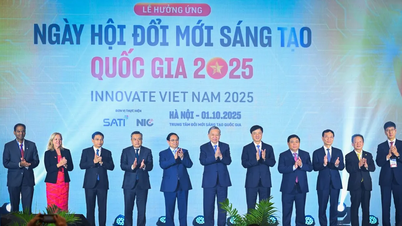
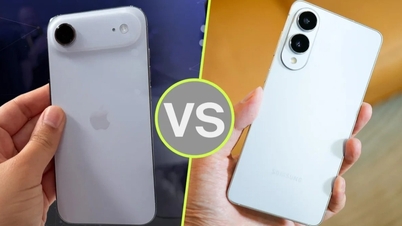

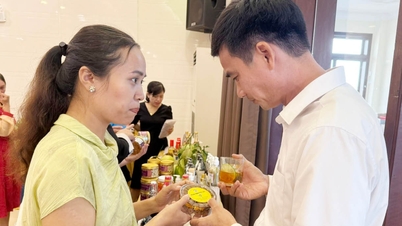

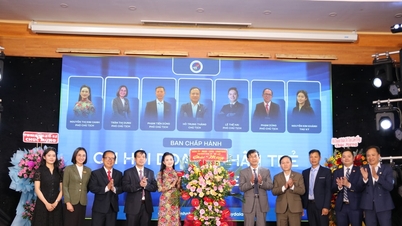



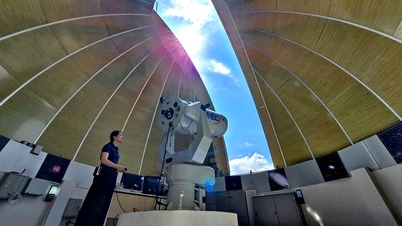




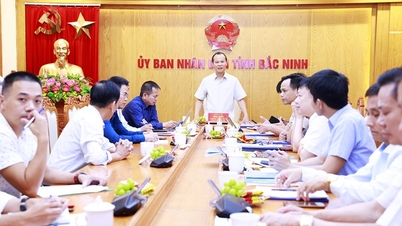

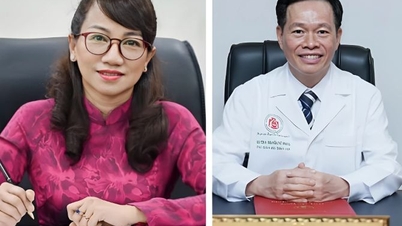
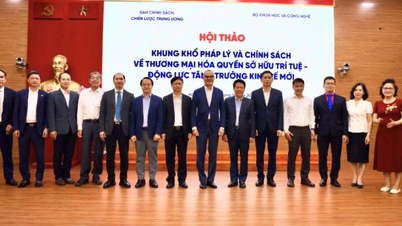





























































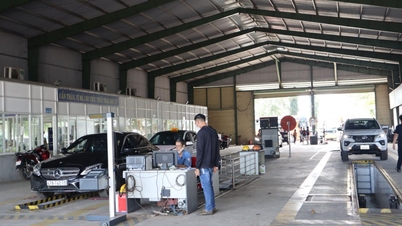



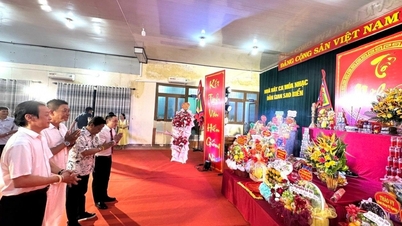












Comment (0)